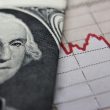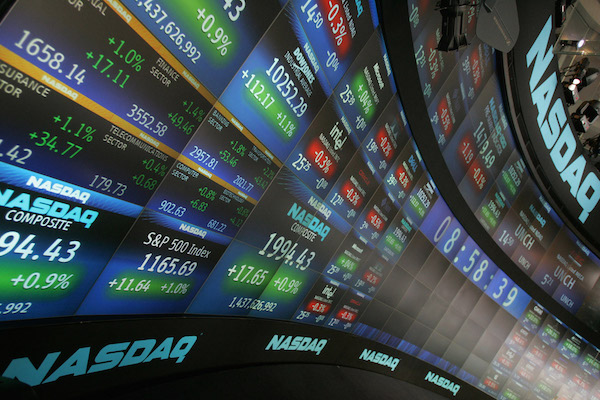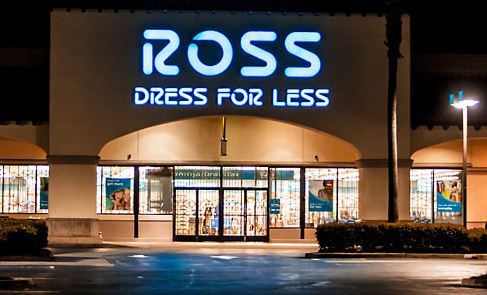by Jeffrey Carter, Points and Figures
Recently read a book by Professor Alvin Roth. He is a Nobel Prize winner in economics. It was pretty interesting. His specialty is matching markets. The book is titled, Who Gets What — and Why: The New Economics of Matchmaking and Market Design.
Because of my trading background I am highly interested in markets. Especially two sided markets. As an investor, I have invested in a few two sided market models. They are incredibly hard to get started. It’s always “chicken or the egg”. At the seed stage, two sided market models are hard to invest in. One objection is always, “they don’t have a defensible border”. Usually true at an early stage. But, once they get going, they are very hard to unseat.
There are markets in everything. Individual people might act irrationally from time to time, but in aggregate, the supply and demand curves that make up markets are rational. We always try to maximize our utility.
Markets can fail. It’s short term instability in some cases. For some markets that are small, illiquid, or very precise and depend on timing, they can “unravel”. The market can become a hinderance to getting anything done. This happens a lot in matching markets like the ones that match children to schools.
As a general rule, we always think that speed of transaction is a good feature of markets. But, markets can move too fast. As a person that has witnessed and been a part of the transition from human to electronic trading, I have seen how speed kills and destabilizes markets.
At our nation’s financial exchanges, speed benefits one class of investors to the detriment of others.
The Flash Crash is one evidentiary result of speed killing markets but if you follow equity and futures markets closely, you will see different markets fail every day. It might happen for less than a minute. But, usually there are some pretty big moves one way or another. That increases risk and hurts the people that benefit from a market existing.
Slowness can also destabilize markets. Ebay might be a market that is too slow. Ebay has done things to try and speed transactions on it’s platform. But, it probably could get more transaction volume by figuring out how to auction things faster.
In the case of electronically traded financial markets, we have a clear case of markets unraveling. Even though the opening bell is the same time for everyone, some players have a guaranteed speed advantage. That causes similar consequences that the United States saw with claim jumpers when we settled the Old West. Front running happens. Information arbitrage happens. Markets that look pretty liquid to the human eye look really thin to a computer.
At our nation’s financial exchanges, speed benefits one class of investors to the detriment of others.
What’s the blowback? Insider trading is one way to combat speed. Another way is pay for order flow, or being able to trade against your customer. Tiered distribution is one. Tiered pricing is another. Avoiding the market altogether is another.
One complaint about the continued stock market rally is that many people haven’t participated. They have stayed on the sidelines. The market unraveling could be one cause of that. Another complaint about futures markets is concentration of volume. Market unraveling is certainly the cause of that. In some agricultural futures, market participants are going to the OTC market rather than the futures market because they don’t feel safe trading listed futures. Dodd-Frank regs also contribute to that.
“Price” is the most important market signal. Traders that compete on speed rather than price are part of an unraveling market. Roth says, “When bidders in an auction market compete on price, rather than speed, winning the auction costs about what it’s worth.” That’s not happening at our financial exchanges right now. Traders compete on speed.
Roth advocates for slowing financial markets down to one second. That allows for bids and offers to aggregate around a price. It’s fast enough to get price information out to the marketplace. It’s slow enough to allow everyone in the market to play. It changes the dynamic of the market from speed back to price.
Roth is smart enough to know that there are plenty of people in Washington DC that are paid to keep that from happening. I am afraid we will only think about it in theory, rather than see it in practice.
Copyright © Points and Figures











